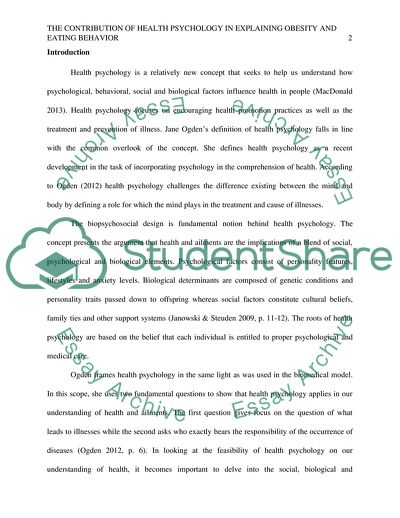Cite this document
(The Contribution of Health Psychology in Explaining Obesity and Eating Literature review, n.d.)
The Contribution of Health Psychology in Explaining Obesity and Eating Literature review. Retrieved from https://studentshare.org/psychology/1855093-health-psychology
The Contribution of Health Psychology in Explaining Obesity and Eating Literature review. Retrieved from https://studentshare.org/psychology/1855093-health-psychology
(The Contribution of Health Psychology in Explaining Obesity and Eating Literature Review)
The Contribution of Health Psychology in Explaining Obesity and Eating Literature Review. https://studentshare.org/psychology/1855093-health-psychology.
The Contribution of Health Psychology in Explaining Obesity and Eating Literature Review. https://studentshare.org/psychology/1855093-health-psychology.
“The Contribution of Health Psychology in Explaining Obesity and Eating Literature Review”. https://studentshare.org/psychology/1855093-health-psychology.


